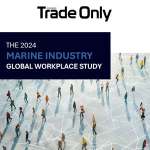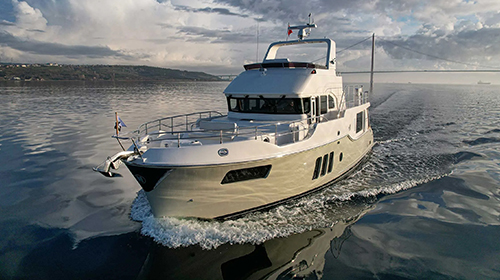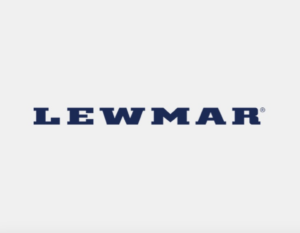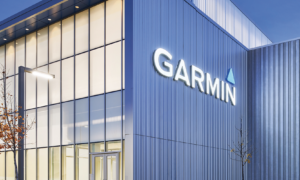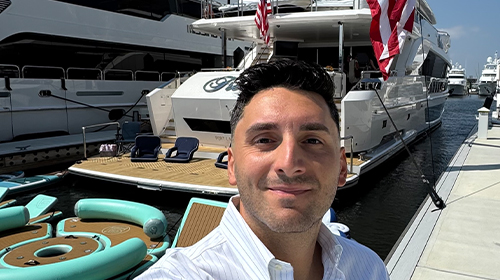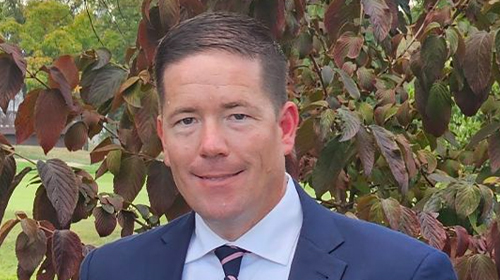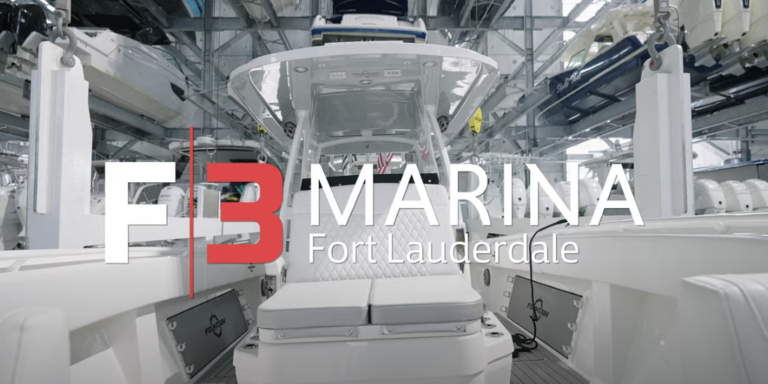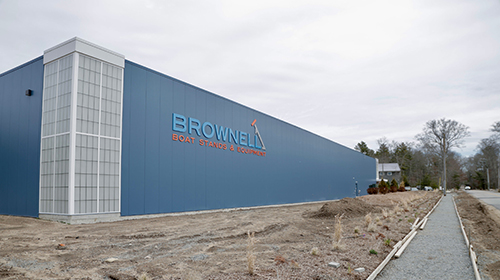Nordhavn is selling boats. That’s the word from owner and president Dan Streech, who told Trade Only Today that even though the factories for parent company Pacific Asian Enterprises are in China, Taiwan and Turkey, the shifting tariff situation has yet to become a significant problem.
“In some ways, every day is normal here,” Streech said of business at Nordhavn headquarters in Dana Point, Calif. “The phone is ringing. We sold a couple boats in the last couple of weeks. That’s really good, considering we only sell 20 to 25 boats a year.”
Nordhavn’s client base gives the company some advantages in the current economic climate that other builders may not have, he said. For starters, customers from well beyond the United States want to buy Nordhavns.
“Probably half of our business is not to Americans,” Streech says. “We sell to Canadians, Australians, New Zealand and so forth, so they are obviously not being affected by this tariff at all. We’re being extra nice to them. We really are.”
In addition, stock-market swings don’t necessarily affect the kinds of clients who buy Nordhavn’s expedition-style yachts, often as part of a plan to do long-distance cruising later in life.
“When you get a 70-year-old guy with an $8 million portfolio that goes down to $7 million and he’s running out of time, he wants his boat,” Streech said. “We are to some extent affected in the early days of shock in the economy. It gets quiet. But once people recover, we’re busy with inquiries and a couple deals. It’s not dead by any means for us.”
One of the boats Nordhavn sold in recent weeks was to a Canadian client; the other was to an American. Streech said the company also shipped two boats recently — a 68 to England and a 625 that’s on its way to the United States. The American owner has not asked to hold up that shipment, Streech said. “We haven’t held anything back. We haven’t changed course.”
There is a challenge, he said, in keeping up as news about tariffs changes, especially since Nordhavn imports fewer boats than high-volume builders that have to make immediate decisions based on the day’s headlines.
For that and other reasons, Streech said, Nordhavn’s experience may not mirror what’s happening with other boatbuilders. “I can see, going forward, particularly if you’re at low margins and kind of on the edge anyway, there could be some belly punches,” he said. “My state of mind may not be representative of what others are feeling.”
Based on what he sees right now, Streech is hoping that trade deals will be announced first with India or Japan, and that after that, the United States will agree to Taiwan’s offer to remove trade barriers and go to zero tariffs, with no reciprocal measures. Generally speaking, he’s waiting for things to settle down.
“Our strategy is to build a good boat and don’t take our eye off the ball,” Streech said. “You have to have very durable emotions in this business. You need mental health. You only wake up with so much every morning, and you don’t want to waste it.”

